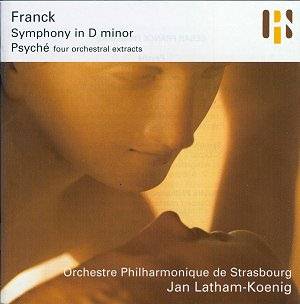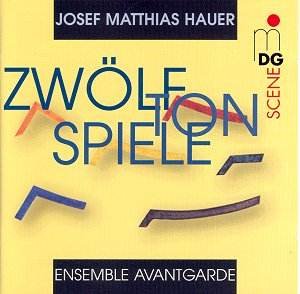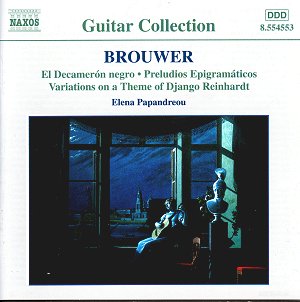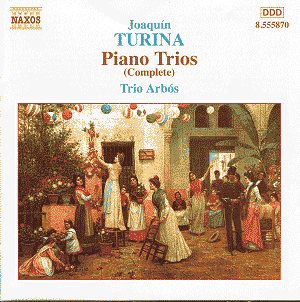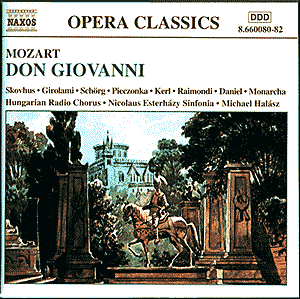 Composer: Wolfgang Amadeus Mozart
Composer: Wolfgang Amadeus Mozart
Works: Don Giovanni
Performers: Bo Skovhus (Don Giovanni), Renata Girolami (Leporello), Boaz Daniel (Masetto), Janusz Monarcha (Commendatore), Torsten Kerl (Don Ottavio), Adrianne Pieczonka (Donna Anna), Regina Schörg (Elvira), Ildiko Raimondi (Zerlina)
Recording: Phoenix Studio, Budapest, Nov. 2000
Label: NAXOS
Mozart’s “Don Giovanni,” premiered in 1787, marks a pinnacle in operatic form, interweaving comedy, tragedy, and profound moral commentary. This complex work, rooted in the legend of the libertine Don Juan, explores themes of seduction, consequence, and the supernatural. The collaboration with Lorenzo Da Ponte resulted in an opera that deftly balances its varied emotional registers, a testament to Mozart’s unparalleled skill in melding music with narrative. Naxos’s recent release offers a compelling interpretation that highlights both the historical significance of the work and its enduring relevance.
Michael Halász leads a vibrant performance that brings a fresh vitality to the timeless score. His adept pacing allows for the natural ebb and flow of Mozart’s music while maintaining rhythmic integrity—essential for capturing the opera’s dynamic contrasts. The concerted act finales, particularly the elaborate septet in Act 1 and the gripping sextet in Act 2, showcase Halász’s ability to manage complex textures and ensemble interactions, ensuring that the various voices blend while retaining their individual character. This is crucial in “Don Giovanni,” where the interplay between characters often propels the narrative forward.
Central to the opera’s success is Bo Skovhus in the title role, whose baritone possesses a rich, mellifluous quality that conveys both charm and menace. Unlike many interpreters who may overemphasize dramatic points, Skovhus allows the music to flow, capturing the essence of Don Giovanni as both seducer and tragic figure. His portrayal is particularly effective in the Act 1 duet “La ci darem la mano,” where his nuanced phrasing and dynamic control create a palpable tension between charm and deception. Renata Girolami’s Leporello stands as a commendable counterpoint, his Italian diction crisp and lively, particularly evident in the famous “catalogue aria.” Girolami’s wordplay is not only entertaining but emphasizes the character’s wit and subservience, adding depth to their relationship.
The supporting cast is equally strong, with Adrianne Pieczonka’s Donna Anna soaring through her demanding part, particularly in her anguished “Or sai chi l’onore,” where her technical prowess conveys the character’s emotional turmoil. Regina Schörg’s Elvira, while perhaps lighter in tone, brings a compelling urgency to her scenes, especially in “Mi tradì,” where her diction and emotional delivery resonate with clarity. Ildiko Raimondi’s Zerlina shines brightly, her “Batti, batti” radiating charm and innocence, perfectly encapsulating the character’s youthful exuberance.
Recording quality is notable, with the Budapest setting providing an airy ambiance that favors both orchestral and vocal clarity. The engineers have achieved an admirable balance, allowing the smaller orchestra and singers to coexist harmoniously, particularly in ensemble sections where precision is paramount. However, a missed opportunity arises in the arrival of the Commendatore, which could have been rendered more immediate and threatening, enhancing the dramatic stakes of Giovanni’s eventual downfall.
This Naxos release stands out in a crowded field, offering a well-rounded interpretation that rivals more established recordings without the prohibitive cost. While it may not supplant the revered Giulini 1959 recording, it delivers a refreshing perspective on this beloved opera, showcasing a cast of singers who are both technically adept and deeply engaged with their roles. The accompanying booklet provides informative notes, though the absence of a translation might limit accessibility for some listeners.
The overall execution of this “Don Giovanni” is a testament to the enduring power of Mozart’s work, reimagined here with clarity and insight. The performance captures the opera’s multifaceted nature, presenting a compelling vision that resonates with both historical context and contemporary relevance.
